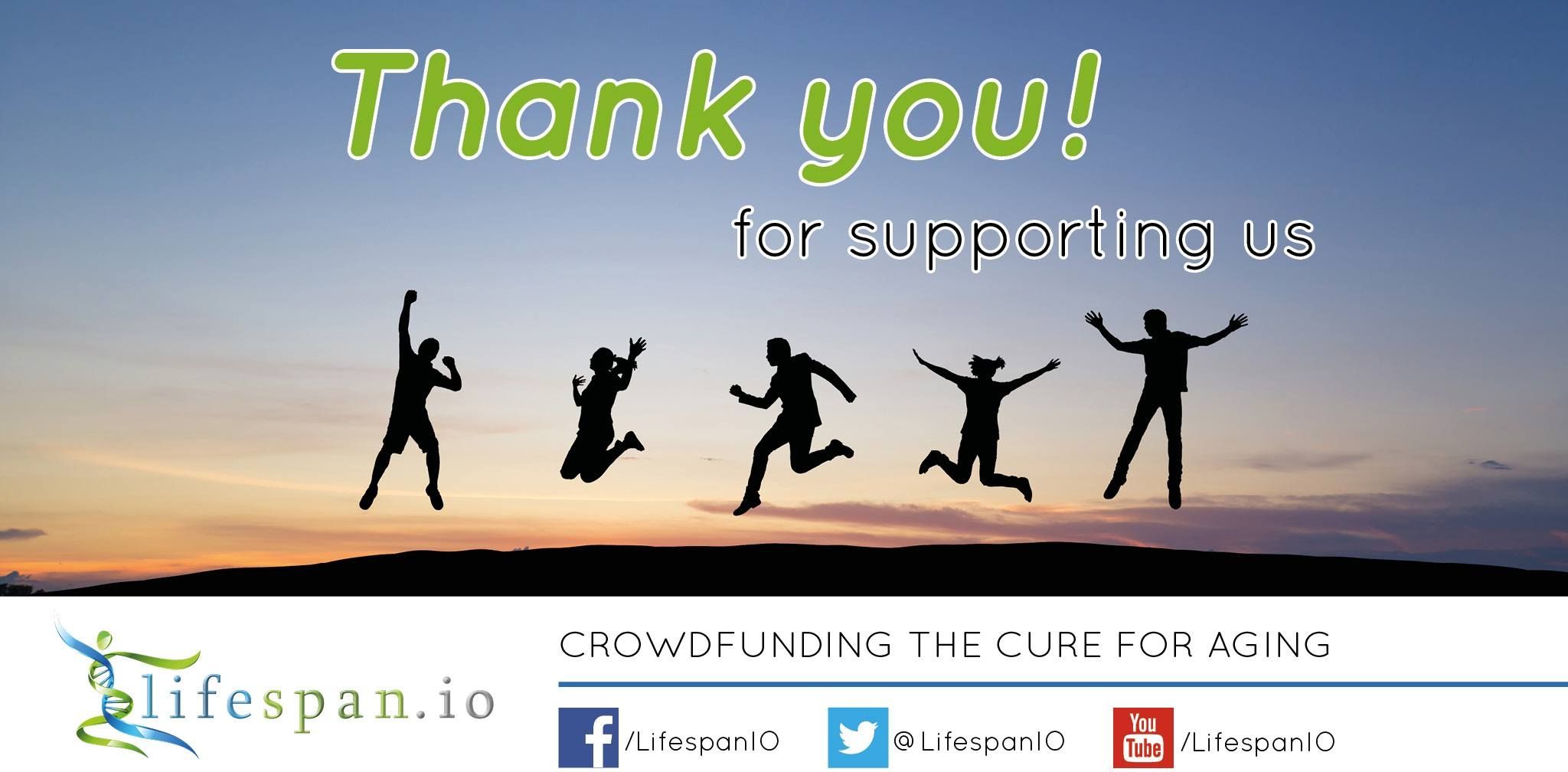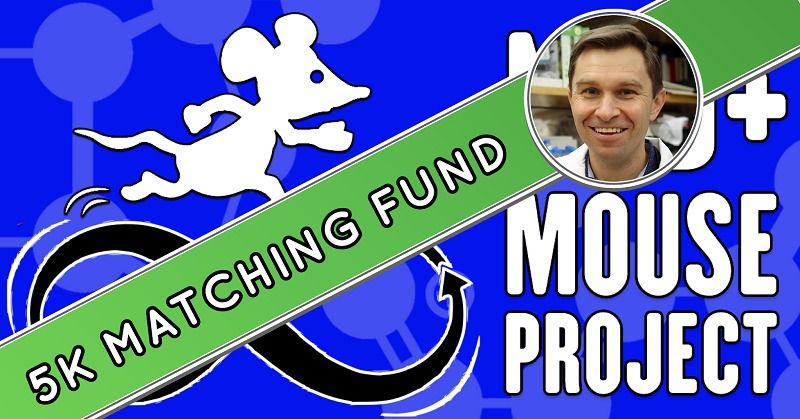As part of our strategy, we are constantly networking and seeking opportunities to engage new audiences about the topic of healthy life extension. Recently our President, Keith Comito appeared on the Young Turks Rebel HQ and spoke with Cenk Uygur, the host, and creator of the Young Turks.
The Young Turks is an American progressive political and social commentary channel that covers news and current affairs. Cenk Kadir Uygur is a Turkish-American businessman, columnist, journalist, activist, and political commentator.







